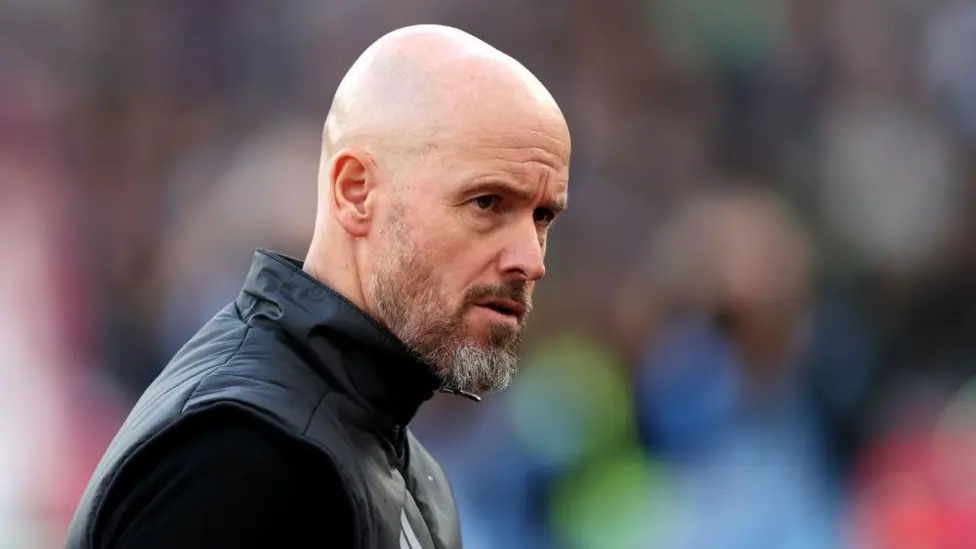
Erik Ten Hag Discusses Modern Players’ Struggles with Criticism
Erik Ten Hag, the former manager of Manchester United, has opened up about the challenges of managing modern players and how they struggle to handle criticism compared to previous generations. The 55-year-old Dutchman, who had a tumultuous tenure at Old Trafford before being sacked in October, reflects on the differences between the current generation of players and the one he grew up with in terms of their ability to take direct feedback and tough criticism.
In an exclusive interview with SEG Stories, a media outlet associated with his management agency, Erik Ten Hag explained his observations about how the landscape of football management has changed over time, particularly in dealing with player discipline and expectations.
In this article, we will delve into Ten Hag’s comments about modern players, his time at Manchester United, and his thoughts on how football management has evolved over the years.
Erik Ten Hag on Modern Players’ Sensitivity to Criticism
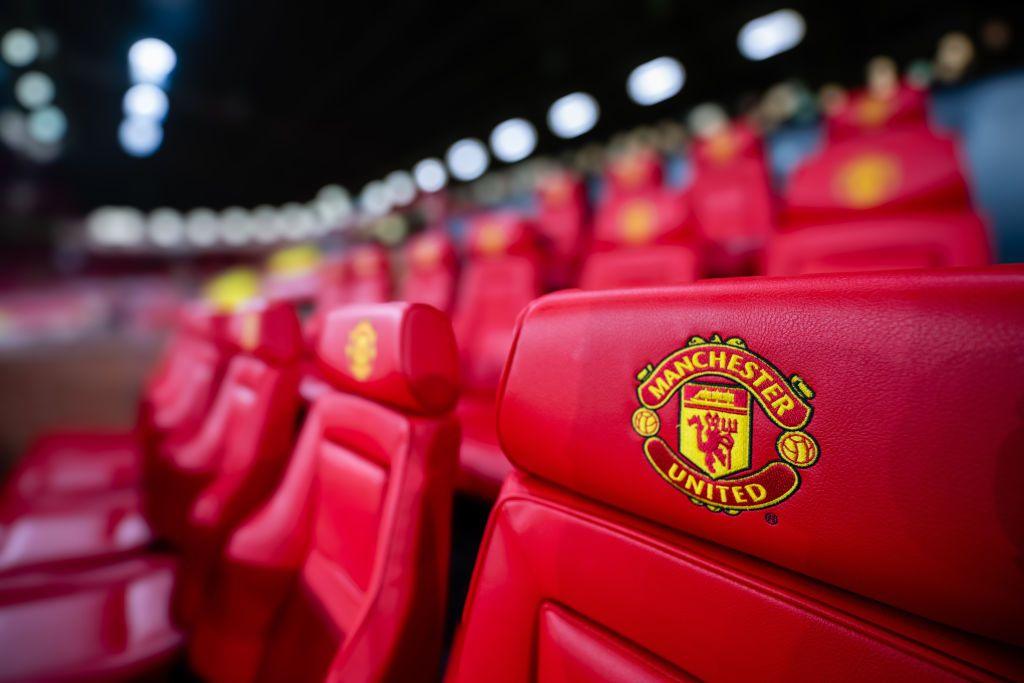
Man Utd: Erik ten Hag says modern players find criticism ‘offensive’
Erik Ten Hag believes that the current generation of football players is much more sensitive to criticism than previous generations. According to Ten Hag, modern players find it difficult to cope with tough feedback, which can sometimes impact their morale and performance.
“Modern players usually find it difficult to deal with criticism,” Ten Hag said. “Criticism really gets to them. The generation that I grew up in had much thicker skin. You could be much more direct.”
During his career, Ten Hag faced challenges in managing players who were not accustomed to direct, no-nonsense feedback. He recalls that, when he was a player and later as a coach, it was normal to be approached with constructive criticism in a straightforward manner. However, he acknowledges that this approach would not be effective with today’s players.
“If I would do that with my current group of players, I would demotivate them,” Ten Hag explained. “If you do that to the current generation, they find it offensive.”
The Difference in Approaches Between Generations

Man Utd players growing tired of Erik ten Hag‘s public criticism & tactics
The Dutch manager highlighted the generational gap in the way players respond to criticism. He compared his approach to that of Sir Alex Ferguson, another legendary Manchester United manager, who was known for being direct and tough on his players. According to Ten Hag, Ferguson’s style of management worked well because players of that era were more resilient and could handle blunt communication.
“(Sir Alex) Ferguson also belonged to the previous generation,” Ten Hag said. “With that generation, you could be much more direct in your communication and approach.”
In contrast, Ten Hag believes that modern players have a different psychological makeup, requiring a more empathetic approach. He said that if a manager were to use the same directness with today’s players, it could cause them to feel ridiculed or demoralized.
“Players of this generation will feel ridiculed if you approach them like that,” he added.
The Demands of Modern Management: Showing More “Love” to Players
One of the key insights Erik Ten Hag offered in his interview was the importance of showing more empathy and care towards modern players. He emphasized that managers today need to adopt a more nurturing approach to get the best out of their players. Instead of relying solely on strict discipline and direct criticism, Ten Hag believes that players need to feel valued and supported.
“Managers have to show them [modern players] more love,” Ten Hag said, acknowledging that coaching strategies have evolved over time. This shift in philosophy is in line with modern sports psychology, where building players’ mental well-being is just as important as developing their physical abilities.
For Ten Hag, it was important to maintain a balance between being firm with players while also offering them the emotional support they need to thrive. He expressed that this new approach is essential in ensuring players remain motivated and engaged throughout the season.
Erik Ten Hag‘s Time at Manchester United: Challenges and Achievements
Erik Ten Hag took over as Manchester United’s manager with the aim of returning the club to its former glory. During his two full seasons at Old Trafford, Ten Hag guided the team to FA Cup and League Cup victories, giving the fans some much-needed silverware after a period of underachievement. Despite these successes, Ten Hag’s time at Manchester United was marred by internal conflicts, player disputes, and a disappointing league performance in his second season.
Manchester United finished in 8th place in the Premier League in the 2022-2023 season, which was their worst finish in recent memory. The club’s poor league standing was one of the major factors that led to Ten Hag’s dismissal in October, just a few months after he had signed a new two-year contract with the club.
One of the most publicized issues during Ten Hag’s tenure was his relationship with certain players, including Cristiano Ronaldo and Jadon Sancho. Ronaldo’s contract was terminated midway through Ten Hag’s first season after a high-profile interview in which the Portuguese forward stated that he did not respect Ten Hag.
Sancho, another key player, was banished from the first-team squad after publicly accusing Ten Hag of making him a “scapegoat” for his poor performances in training. These controversies were among the challenges that Ten Hag had to navigate during his time at the helm.
Despite these issues, Ten Hag did find success in developing younger players, with Alejandro Garnacho and Kobbie Mainoo emerging as promising talents under his guidance. These successes were seen as one of the positive aspects of Ten Hag’s reign at the club.
Raphael Varane’s Comments on Erik Ten Hag’s Relationship with Players
Recently, former Manchester United defender Raphael Varane spoke about his relationship with Erik Ten Hag, suggesting that the manager’s connection with the players had deteriorated over time. Varane expressed surprise that the club decided to give Ten Hag a new contract, stating that the bond between the coach and the players “no longer existed.”
While Varane’s comments shed light on the challenges Ten Hag faced in maintaining a harmonious relationship with his squad, they also illustrate the complexities of managing high-profile players at a club like Manchester United.
However, despite these challenges, Ten Hag was praised for his efforts in nurturing young talents at the club. His ability to bring through emerging players like Garnacho and Mainoo demonstrated that he had a keen eye for potential and was capable of building for the future.
The Importance of Player Relationships in Modern Football
Erik Ten Hag’s reflections on modern football management emphasize the growing importance of player relationships. In today’s game, where players are often under intense scrutiny both on and off the pitch, maintaining positive relationships and showing understanding is vital for success.
Managers like Ten Hag who adapt to the emotional and psychological needs of their players are better positioned to get the best out of their teams. The evolution of football management requires a more nuanced approach that considers the mental health and well-being of players, which is something Ten Hag acknowledges is critical to success in the modern game.
Erik Ten Hag’s Future and Reflections on Manchester United Fans
Although his time at Manchester United ended in disappointment, Erik Ten Hag expressed gratitude towards the club’s supporters. He spoke fondly of the Manchester United fanbase, noting how they stood by the team during difficult times and continued to offer their support despite setbacks.
“What makes the Manchester United fans so special is that they stand by the team even in the face of setbacks,” Ten Hag said. “I was appreciated, and I always felt that when I walked the streets of Manchester.”
Ten Hag’s remarks about the fans highlight the deep connection between Manchester United and its supporters, who remain loyal through thick and thin. Despite his controversial tenure, Ten Hag acknowledged the unwavering support he received from the fans, which made his time at the club meaningful.
Conclusion: Erik Ten Hag’s Impact on Modern Football Management
Erik Ten Hag’s reflections on managing modern players shed light on the evolving nature of football management. The shift from a more direct and tough approach to one that requires empathy and emotional intelligence is a key theme in Ten Hag’s insights.
While his time at Manchester United had its challenges, including player disputes and a disappointing league performance, Ten Hag’s experiences have provided valuable lessons in how managers must adapt to the changing dynamics of modern football. As he looks ahead to his next managerial opportunity, Ten Hag’s thoughts on player management and relationships will undoubtedly influence his approach to future roles in football.

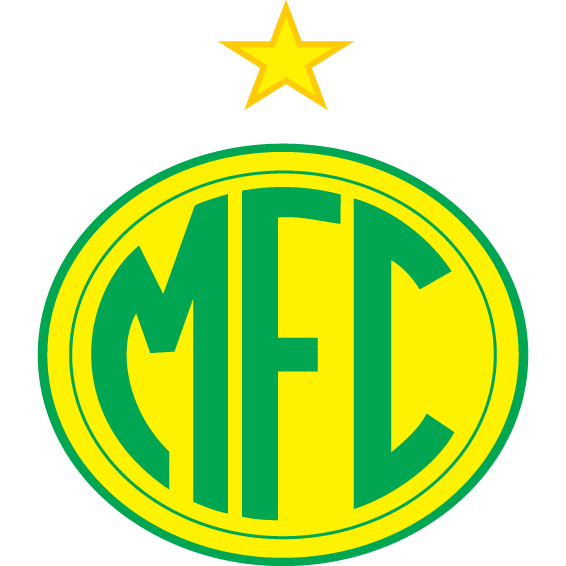
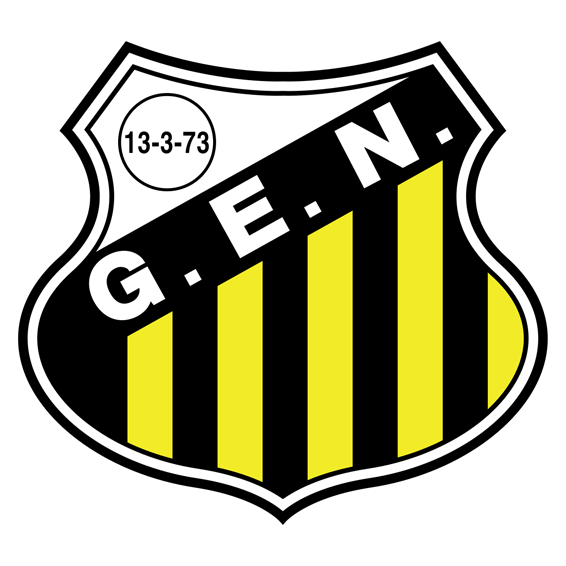
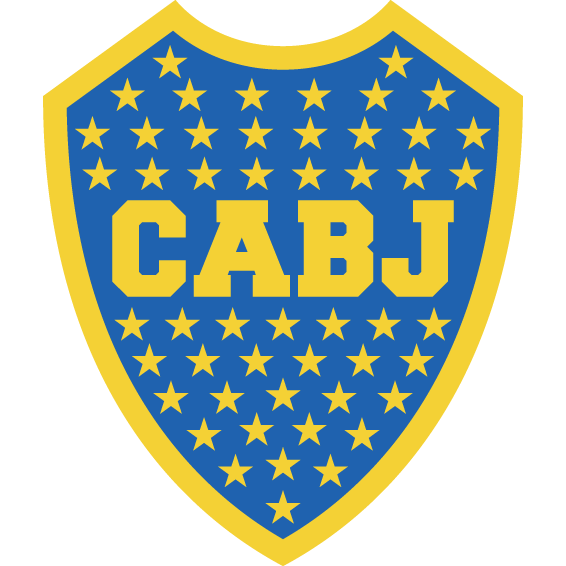
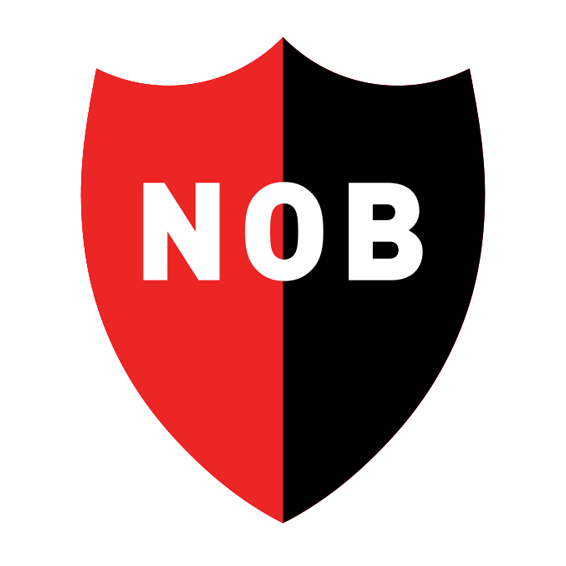



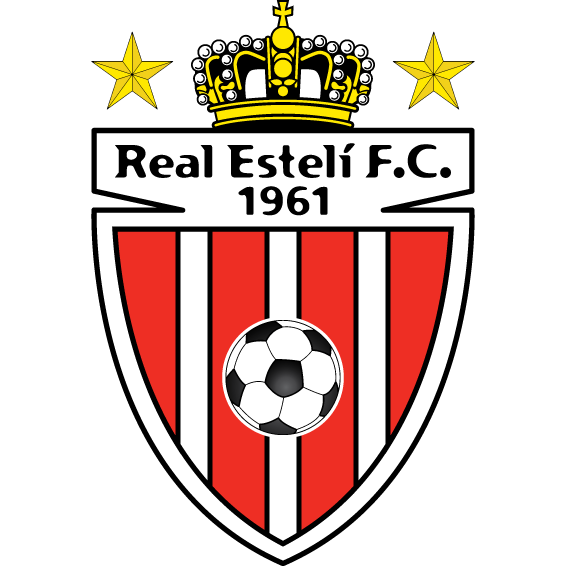

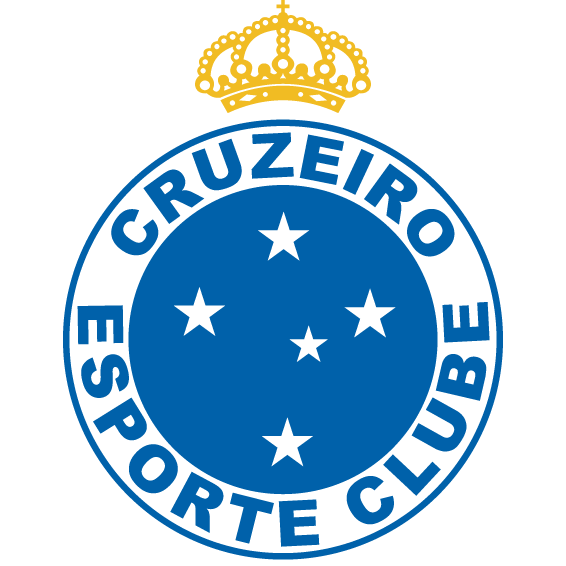


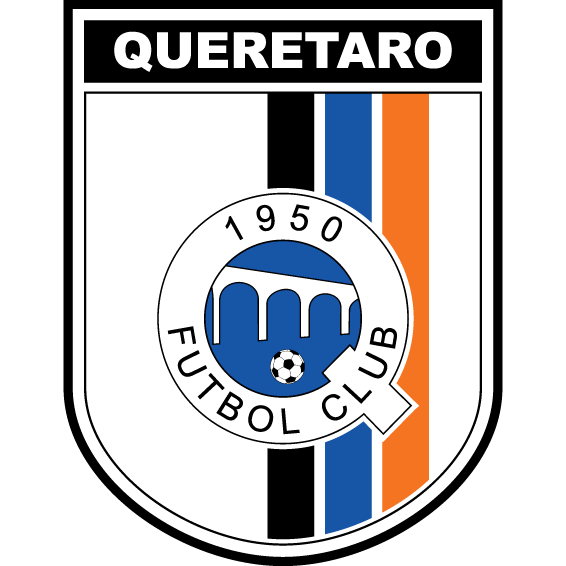
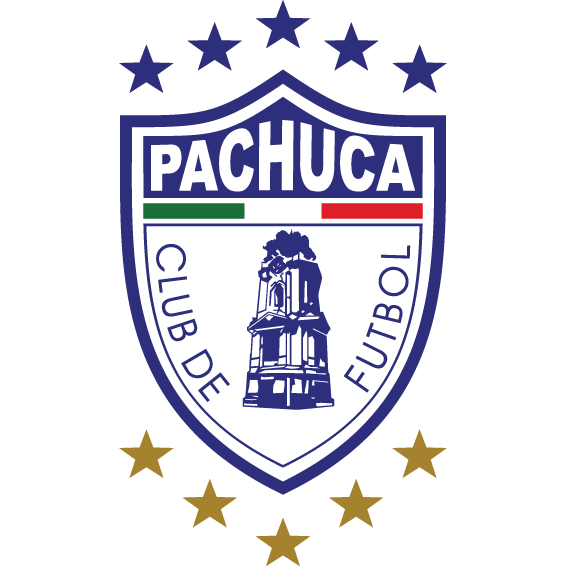
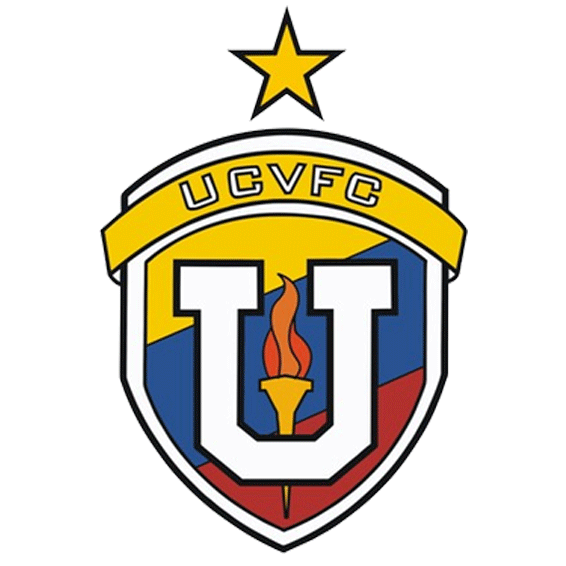
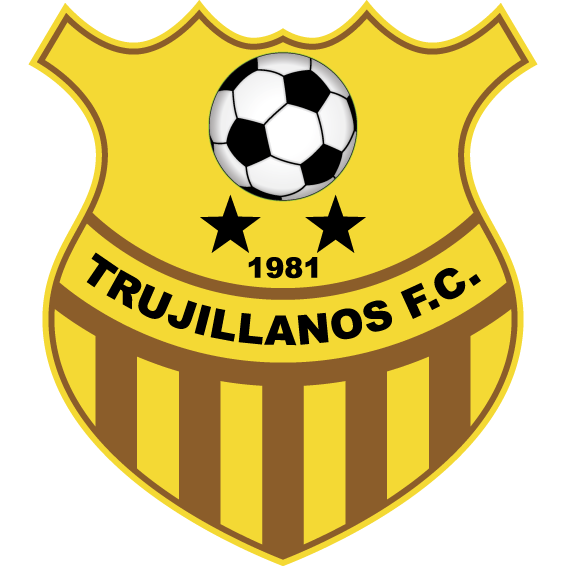
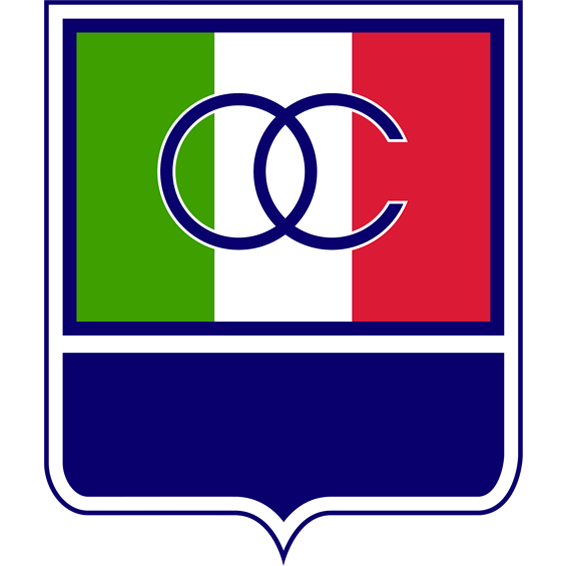

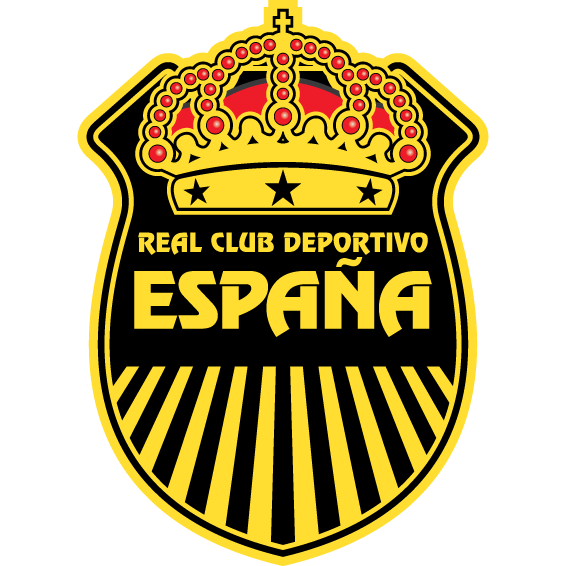

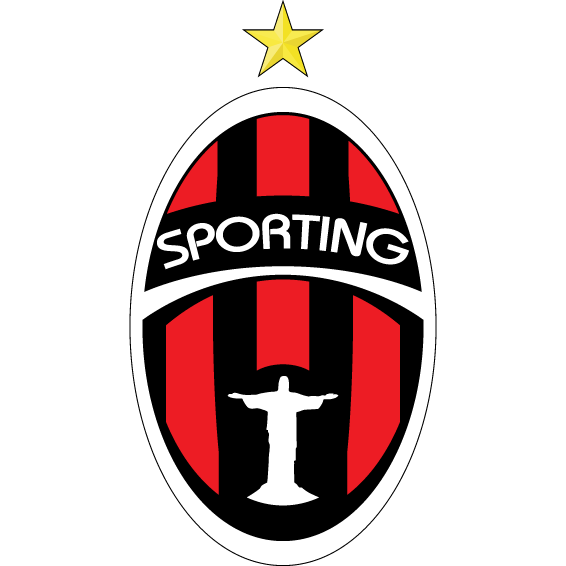
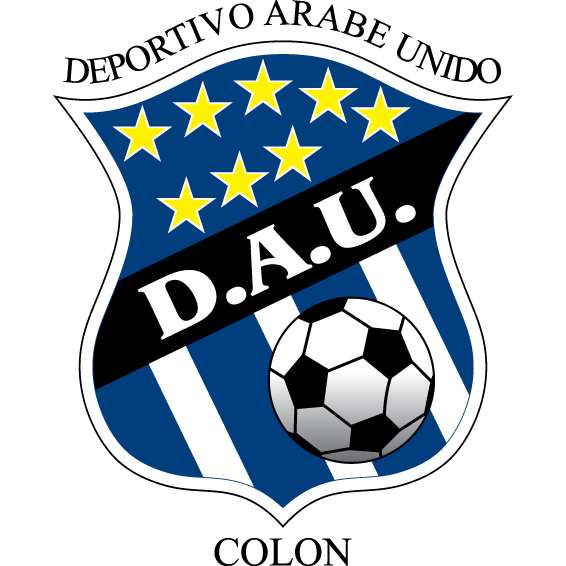
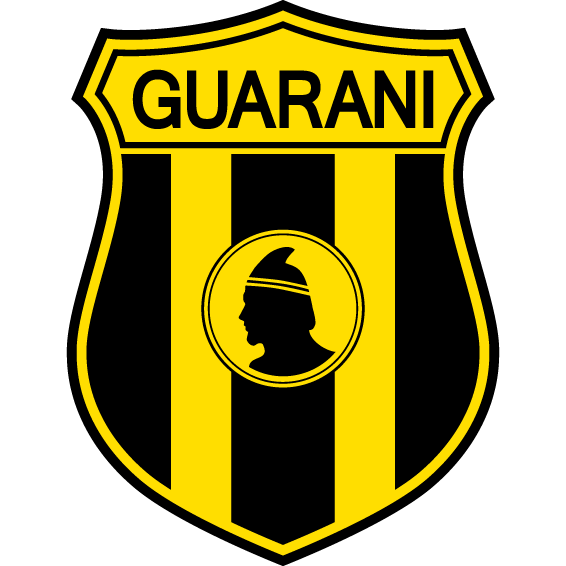



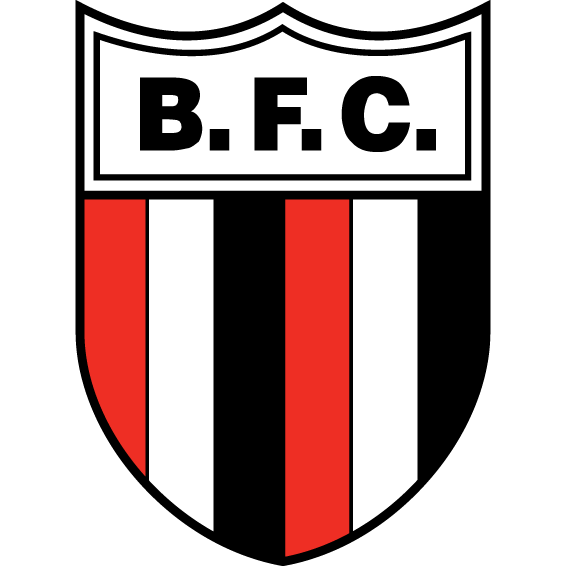



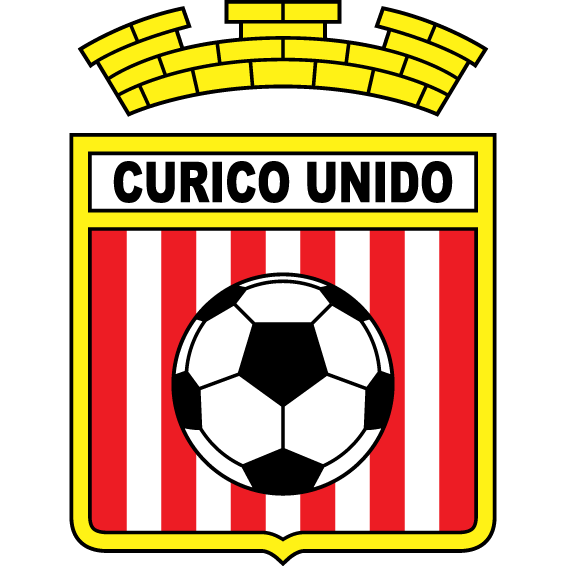

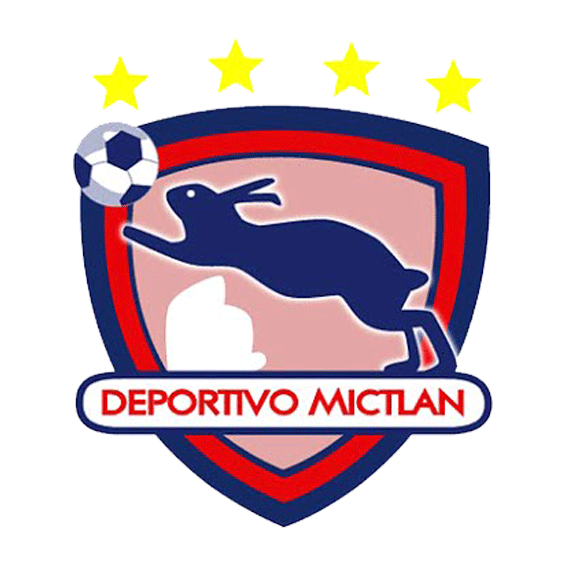

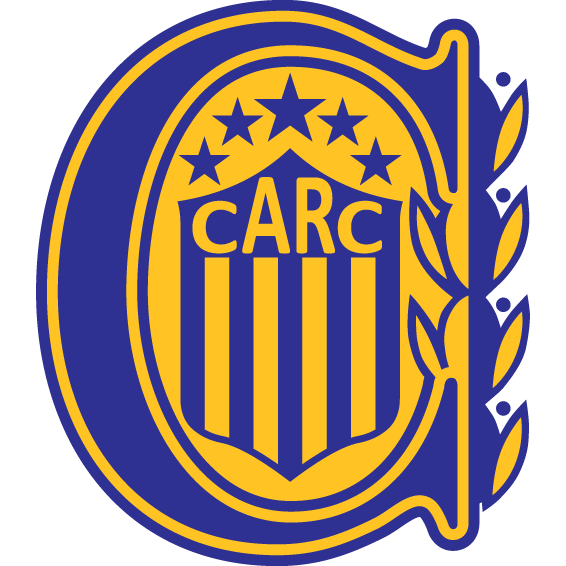
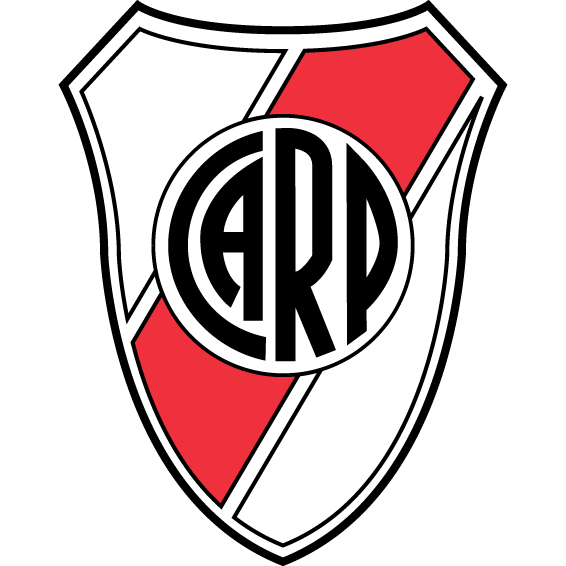
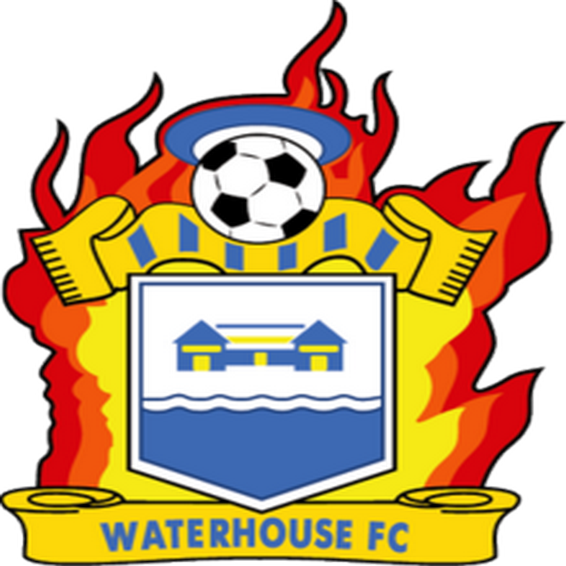
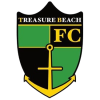


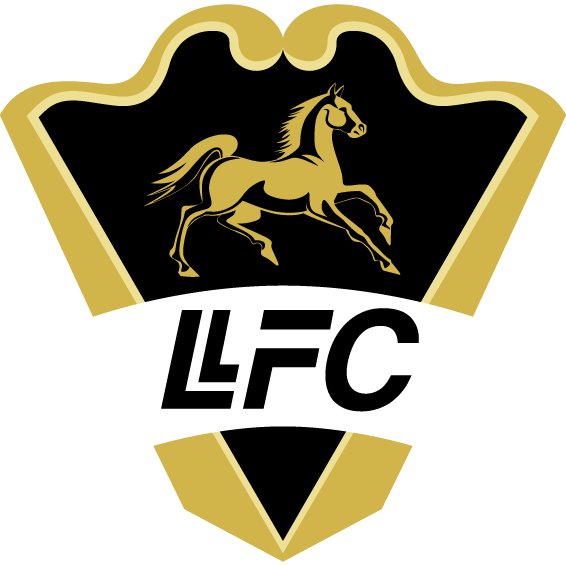


























There are no comments yet. Be the first to comment!